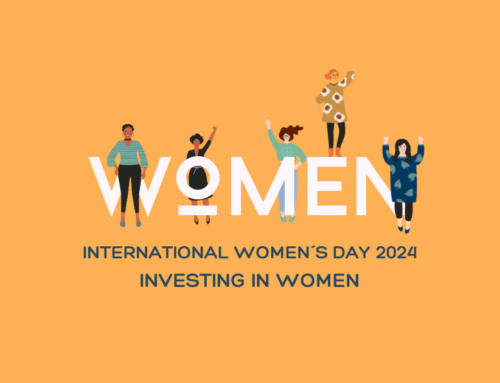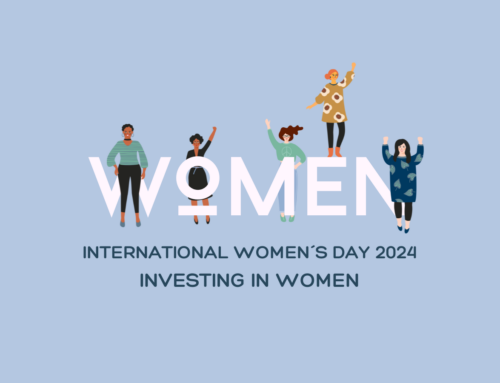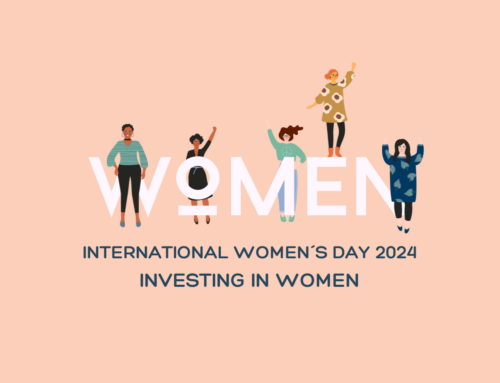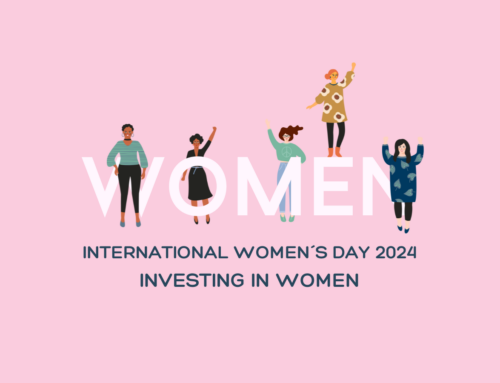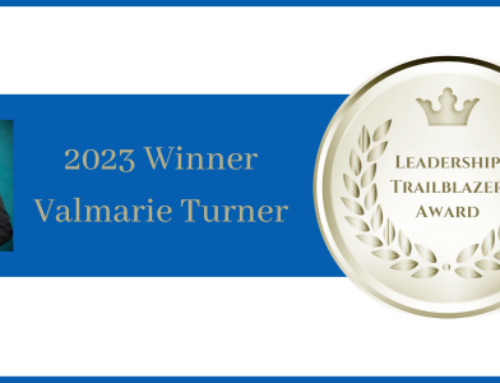MEET THE 2019 LEADERSHIP TRAILBLAZER TOP 10 FINALISTS
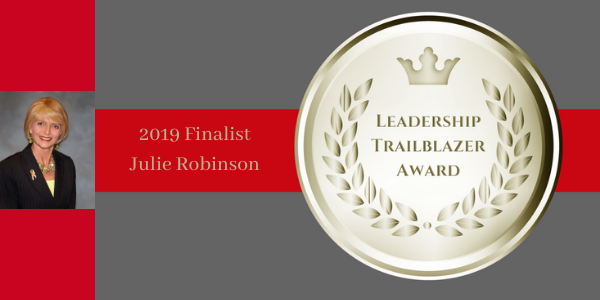
Today’s Trailblazer: Julie Robinson, City Administrator, Spring Valley Village, TX
The League caught up with Top 10 Finalist Julie Robinson to talk about being named a Leadership Trailblazer and having a career in public service:
Q: Congratulations on being named a finalist for the Leadership Trailblazer Award. What does it mean to you to be nominated?
JULIE: I am humbled and honored to be a finalist for the Leadership Trailblazer Award along with so many other amazing women. Honestly, I was totally surprised by the nomination and truly overwhelmed that two of my friends and colleagues took their time to write the nomination. Throughout my life and my career, I have been called to “pay it forward” and to help others be successful in whatever it is they are striving for – and apparently that has happened in such a way that others have seen it.
Q: What led you to a career in public service?
JULIE: Public service has been in my blood since I was young, and my outlet was volunteering for many non-profit organizations. My Mom loves to tell the story about when I was 12 and so desperately wanted to be a candy striper at St. Paul Hospital in Dallas – but, I had to be 13. So, on my 13th birthday, she drove me to St. Paul Hospital, and I applied to be a candy striper! I volunteered there for a couple of years in different departments and absolutely loved it. I also volunteered with the Dallas County Chapter of the American Red Cross through high school and much of college, starting and working on different programs and serving at age 14 as the Youth Representative to the Chapter Board of Directors with some of the titans of Dallas including A. H. Belo and Stanley Marcus. Throughout my life, I have served many different non-profit organizations, and I always will.
It wasn’t until I started working with the law firm of Gay, McCall, Isaacks & Roberts in Plano, Texas, that I realized that I could actually make public service a career. After starting with the firm, I realized that each of the partners was involved in local or state government in one form or another: John Gay was the Mayor of McKinney, Texas, David McCall, was the brother of then Texas Representative Brian McCall, Lewis Isaacks represented Collin Central Appraisal District and several small cities and special districts, and the attorney I worked with, Bill Roberts, represented a number of small cities, was a former City Attorney for the City of Plano, was a former County Judge for Collin County, and a former President of the Plano Chamber of Commerce. Gay & McCall opened my eyes to many different types of public service, and my experience there opened the door to my first position in city government – as a Legal Assistant in the City Attorney’s Office for the City of Plano. I started with the City of Plano in July of 1995, and my local government career grew from there.
Q: Who were your mentor(s) or advocate(s) in your career?
JULIE: I have to start with my Mom, Anita Laffey. My Mom has always been involved in public service particularly with non-profit organizations, and she has been an advocate for children, women and minorities my entire life. She instilled that sense of service in me early in my life. In my career, I have had and still have many mentors. Attorney Bill Roberts (who will always be Brushy Bill to me) taught me about city government and was absolutely instrumental in getting my first job in city government in the Plano City Attorney’s Office. Former Plano Assistant City Attorney and my dear friend Patricia Adams shared invaluable knowledge and lessons with me and pushed me to move into the City Manager’s Office and then to apply for what ended up being my first City Manager position with the City of Oak Point, Texas. When I first got into the management side of city government, several City Managers took me under their wings, advocated for me, and helped me get involved in the Texas City Management Association: Mike Perez, Mike Conduff, Ron Cox, Karen Daly, Melissa Vossmer, Susan Thorpe, Debbie Feazelle, and Julie Couch. There are so many who have mentored me through the years, it is difficult to list all of them. Suffice it to say, though, that I have treasured each of my mentors’ guidance and friendship over the last 24 years.
Q: What is the most important lesson you learned while coming up in your career?
JULIE: The most important lesson I learned is that it’s all about relationships – and specifically genuine relationships. This is true in your career as well as in your life. Everyone is looking to “make connections” and “network,” but rarely do people take an actual interest in the person with whom they are networking. This is particularly true now in our world of social media. While you may get to know some information about a person through social media, you actually have to connect personally with an individual and make the time to get to know them one-on-one whether in person or by phone. As you build your relationship, you will expand to email and text message, but you have to start in person or by phone. And always remember a person’s name – there is nothing more personal to someone than their name.
Q: What advice do you have for women just beginning their careers who would like to be an executive in local government some day?
JULIE: Actually this advice applies in your career as well as in life:
- Build and nurture genuine relationships. It takes time and effort but it is priceless.
- Remember people’s names and address them using their names.
- There is not a linear career path. It is more like jumping from lily pad to lily pad. Each position leads you to the next position, and each position builds the foundation for what the next leap might be.
- Try everything. You never know what you are going to like. I never in my wildest dreams thought I would love working on franchised utility and right-of-way management issues at the local, State and Federal levels – but I did!
- Take on the projects that no one else wants and then excel at learning everything there is to know about the project and issues. You will automatically become a subject matter expert and also prove that you are not afraid to take on anything.
- Learn your craft and continually hone your knowledge and skills. Be a lifelong learner.
- Start early in learning the work-life balance. Set boundaries for yourself and be very clear on what is important to you. You are the only one who can set your boundaries, and you must continually practice and hone that skill.
- Get your priorities straight now so it doesn’t take a crisis to wake you up to them.
- Don’t wait. The fact is that we never know how long we have, so do not wait to do whatever it is that you are contemplating. For example, if you are thinking about applying for a position but you don’t meet every one of the requirements, go ahead and apply. None of us know everything but we do know people who can help us, so take the shot.
- Remember to pay it forward and help others get where they want to go.
- Know that there is ALWAYS someone watching you. You may not know who they are, but I guarantee they are there. So always be that someone for others in the profession and in your life.
Q: What do you hope to leave as your legacy in local government when your career comes to an end?

